Severstal plans to allocate 119 billion rubles to finance its investment program in 2024. ($1.3 billion at the current Federal Reserve exchange rate), which is 64% more than last year. In 2023, the company's capital expenditures increased by 7% compared to 2022, reaching RUB 72.6 billion. Severstal stands out against the background of the weakening ruble exchange rate.
The statement noted that the investment amount specified for 2024 may be adjusted in the future depending on changes in exchange rates, while most of the company's investment program is in rubles.
The funds will be invested in the maintenance of existing facilities (54 billion rubles), the implementation of development projects (48 billion rubles), modernization of IT infrastructure (10 billion rubles), environmental protection, improvement of security systems and labor protection (7 billion rubles).
The company explains that a significant part of the investments in 2024 will be directed to the technical re-equipment of its main asset, the Cherepovets Metallurgical Plant (ChMK). In addition, the implementation of Severstal's largest project (construction of a complex for the production of iron ore pellets worth about 97 billion rubles) will also enter the active phase.
Severstal's net profit increased by 1.8 times annually to 193.9 billion rubles in 2023, and its revenue increased by 7% to 728.3 billion rubles.
In 2023, Severstal increased its steel production by 5% compared to the previous year, to 11.27 million tons, and its cast iron production by 3%, to 11.3 million tons. It was stated that steel consumption in Russia will increase by 7% in 2023, reaching a record 46.3 million tons.
The growth in steel production in 2023 is explained, among other factors, by the impact of last year's low base. In 2022, Severstal reduced its steel production by 8% to 10.7 million tons by 2021. Production dynamics were negatively affected by anti-Russian sanctions.
The loss resulting from the seizure of the company's warehouse stocks and bank accounts in Europe is estimated to be approximately $400 million.
In March 2022, the EU banned imports of rolled steel, fittings, welded and seamless pipes from Russia as part of the fourth package of anti-Russian sanctions. According to the Ministry of Industry and Trade, the sanctions affected exports of 3.9 million tonnes of finished rolled steel, 200,000 tonnes of pipe products and 700,000 tonnes of steel billets, amounting to approximately $3.7 billion in value terms.


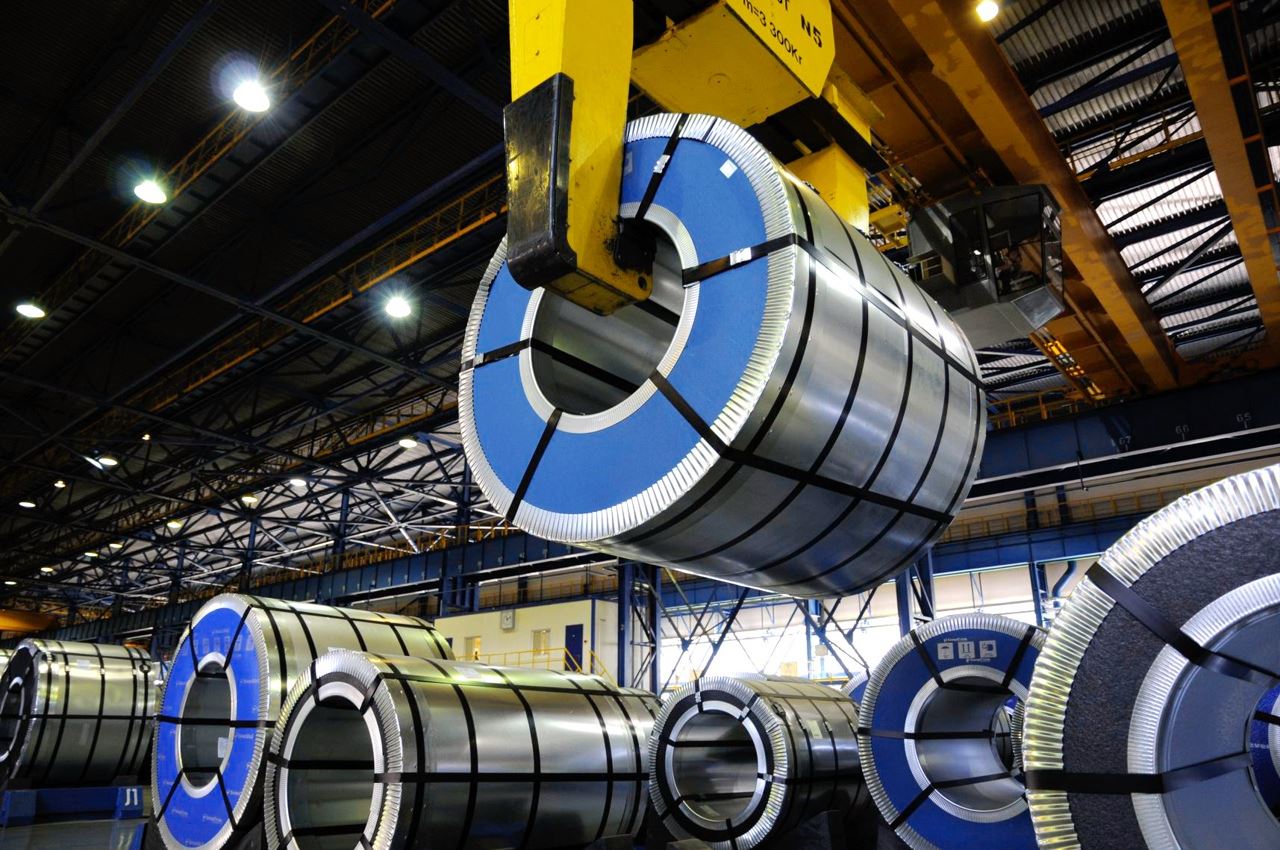

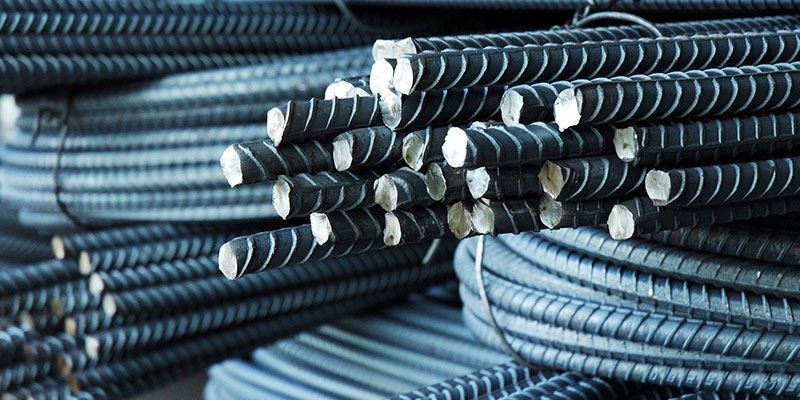
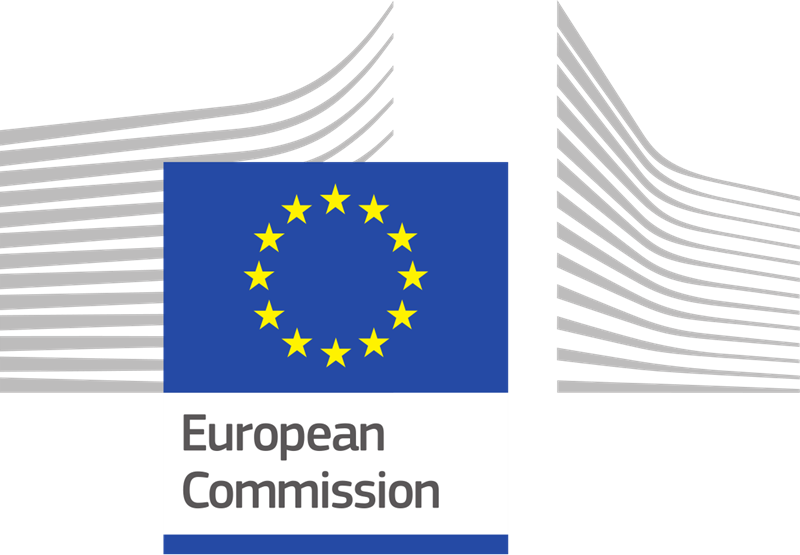
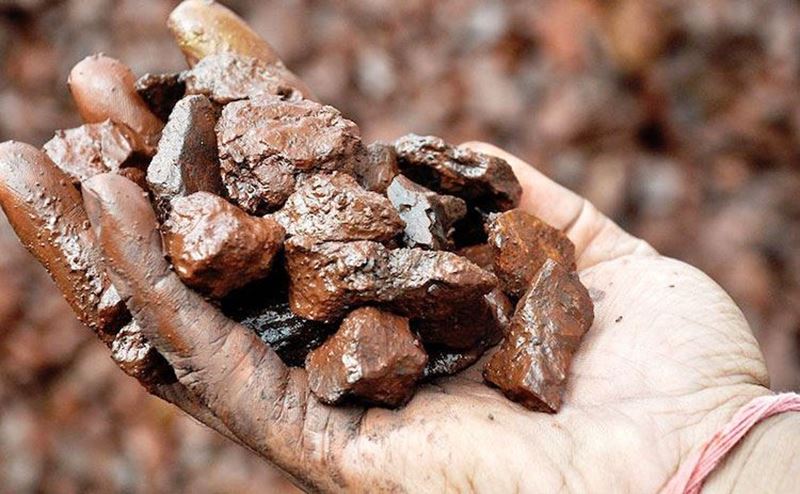
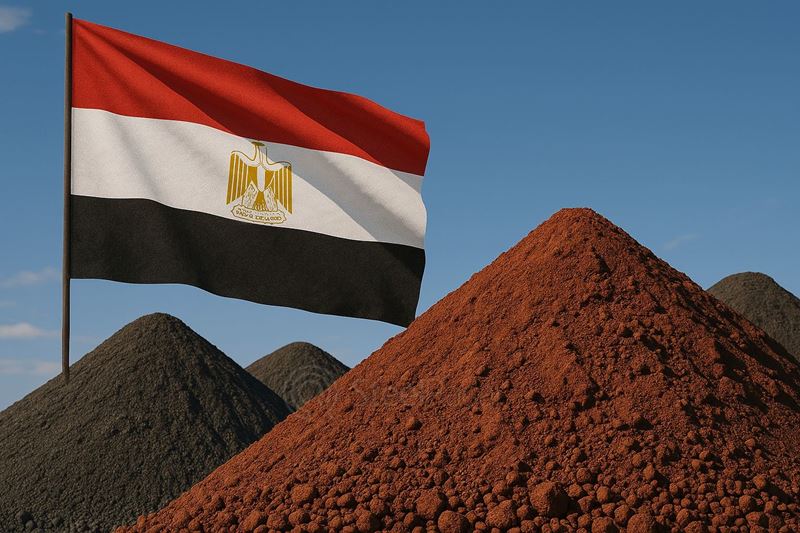

Comments
No comment yet.